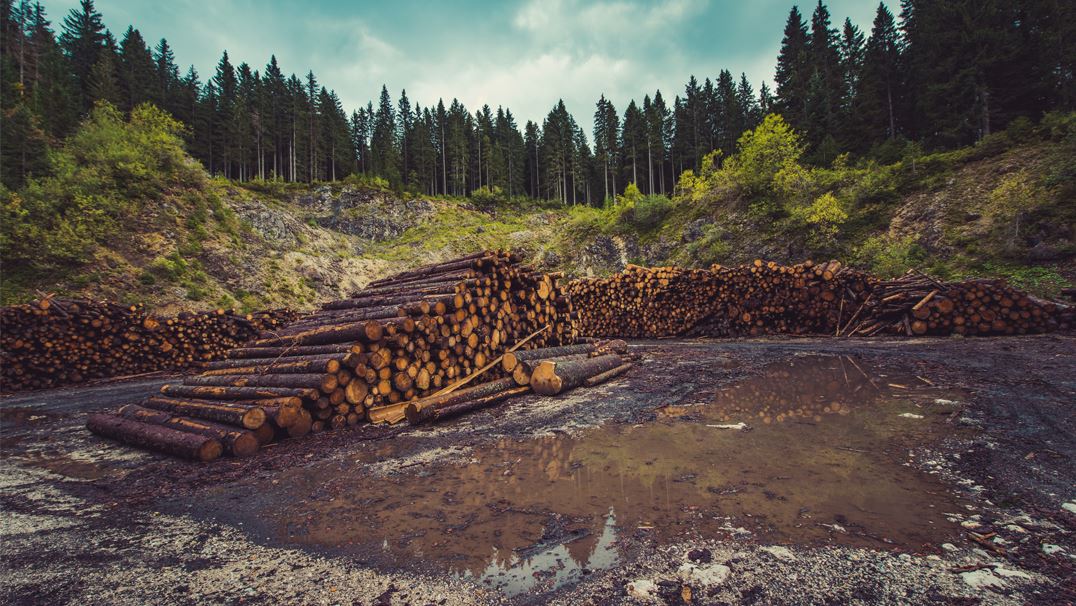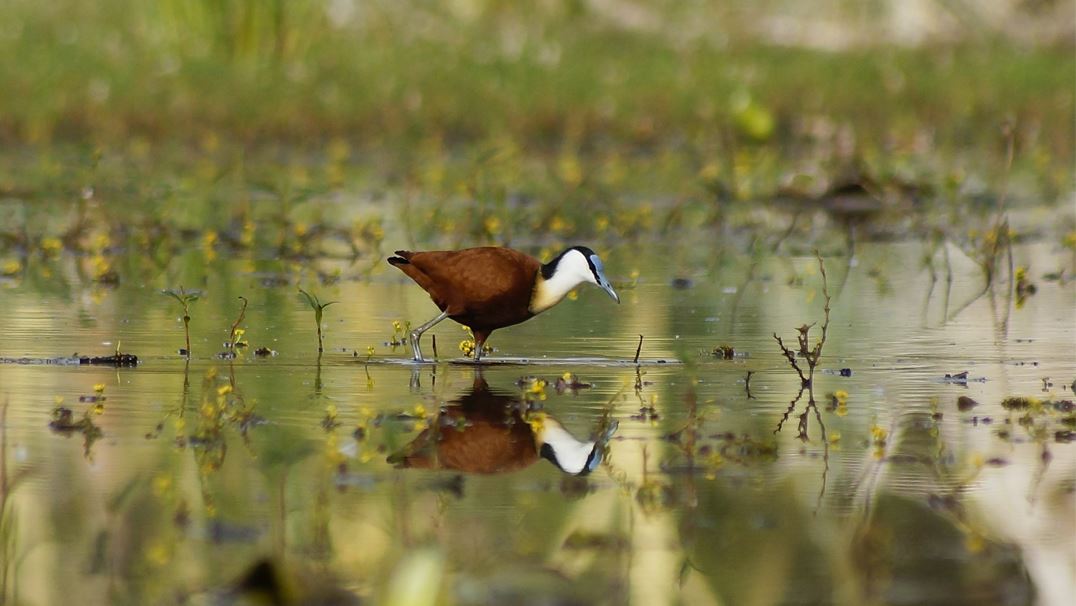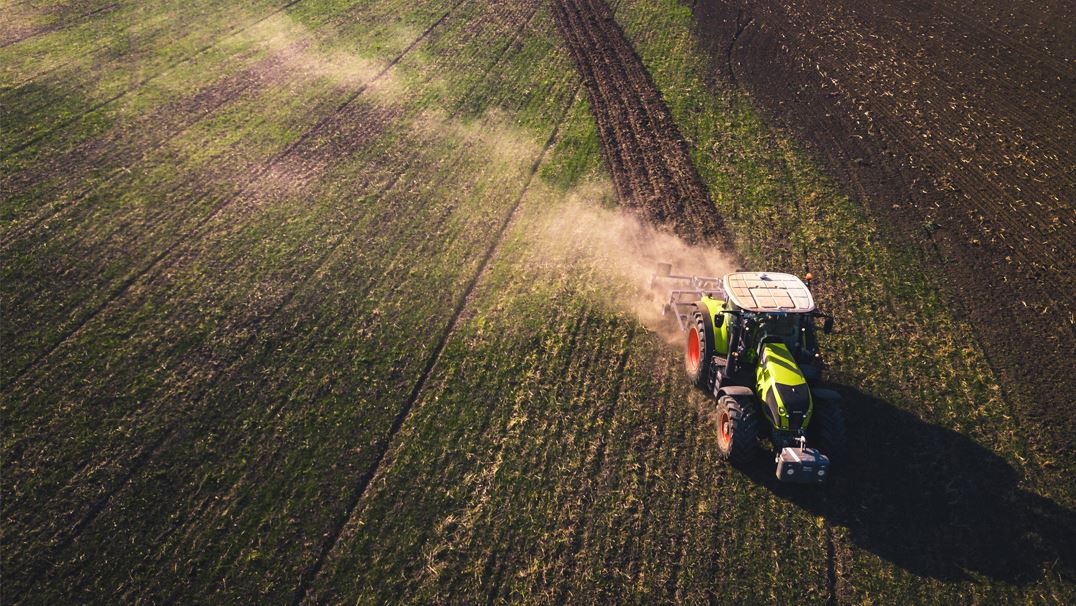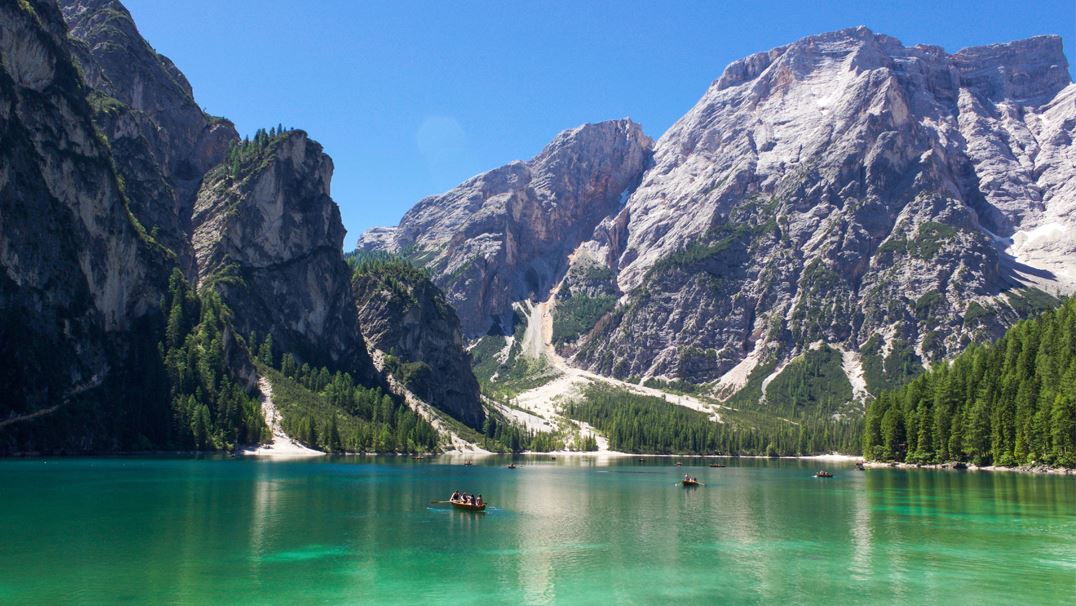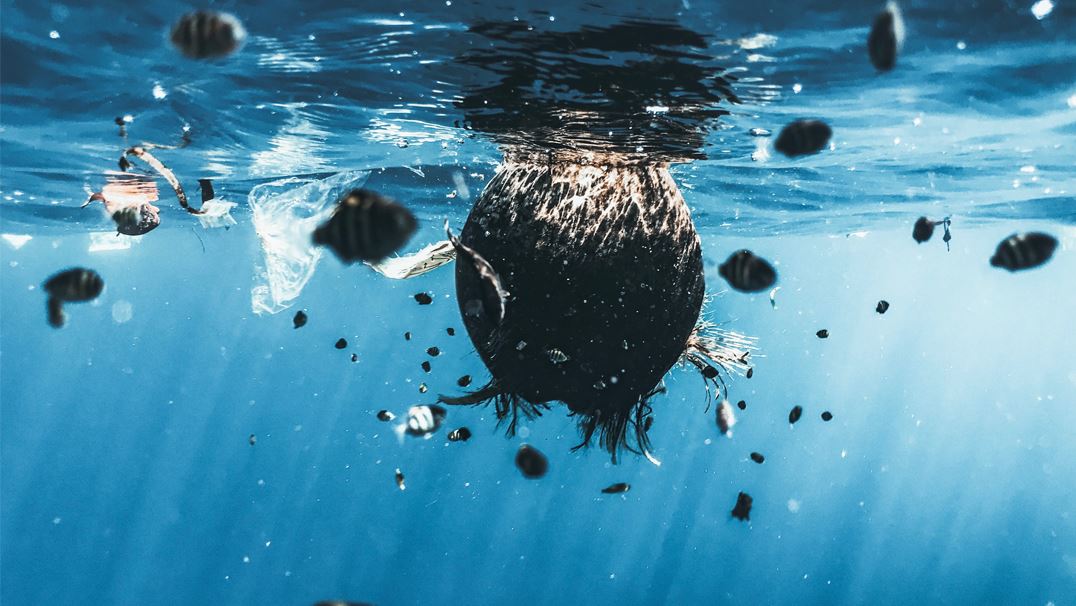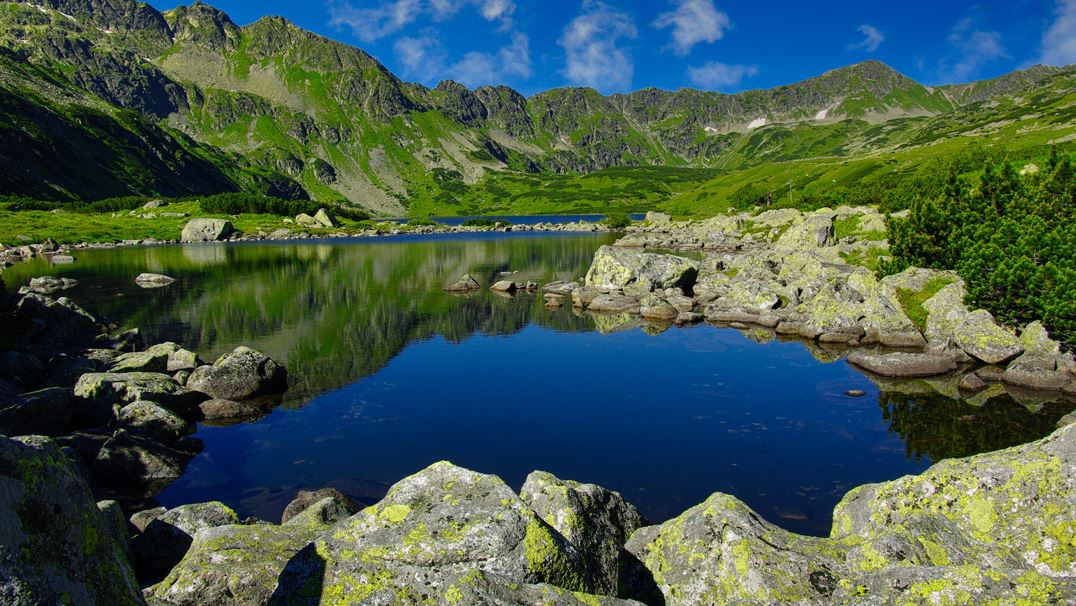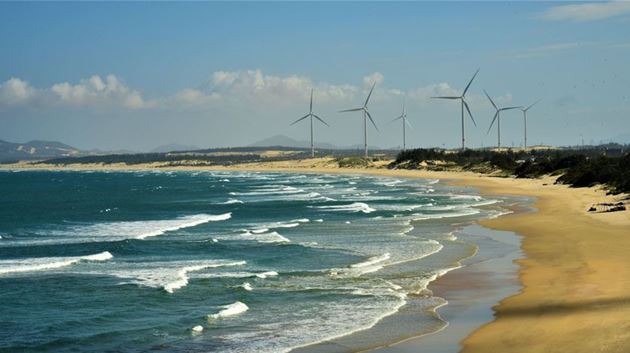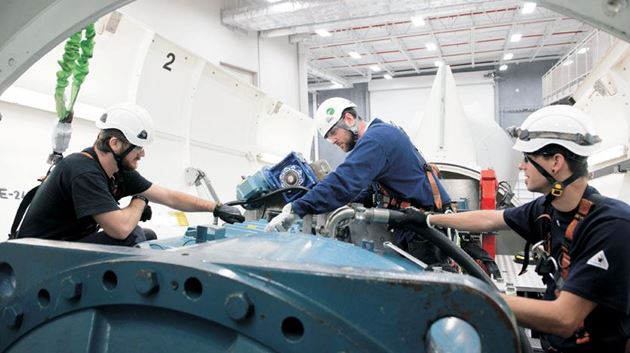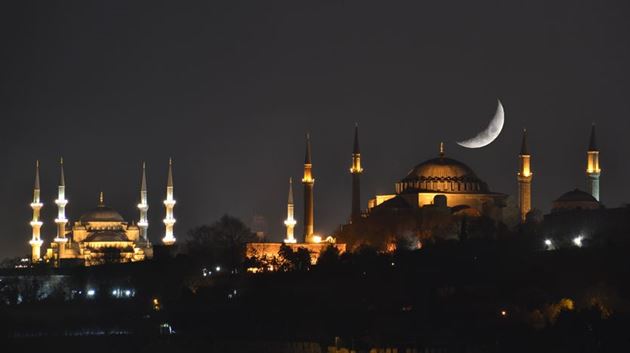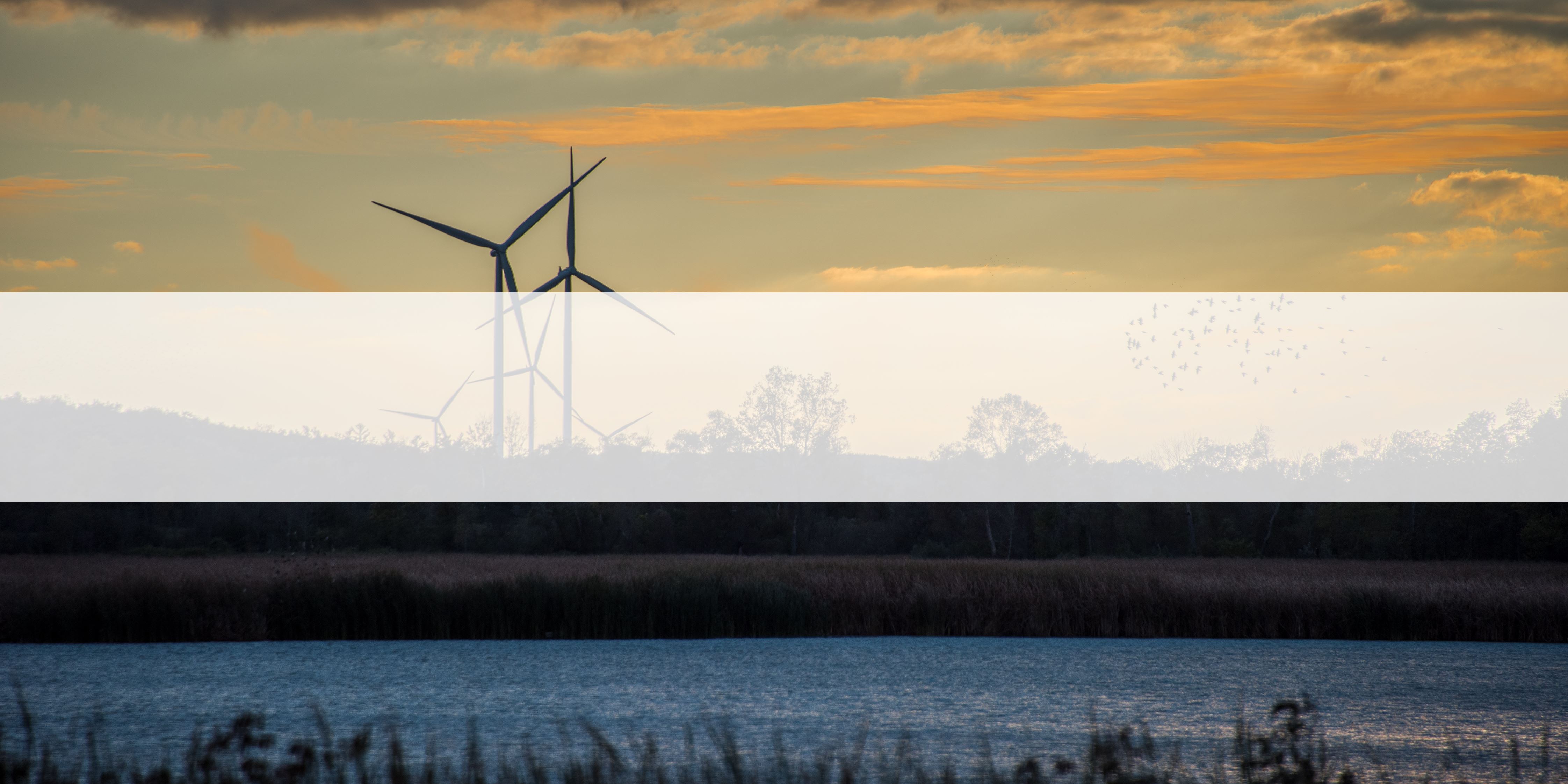
The next decade determines our future
Ecosystems: the epicentre of restoration
We are running out of time, and there is no time to waste. According to the experts, we only have ten years to reverse the great catastrophe we are facing: the climate crisis. We need recovery that focuses on taking care of ecosystems to ensure their survival. Ecosystems support all forms of life on Earth. If one ecosystem gets sick, we all get sick. That is why today, on World Environment Day, we call for the protection and restoration of ecosystems with the United Nations Decade on Ecosystem Restoration (2021-2030).
Human beings are also part of ecosystems, but in this case, they harm themselves. "We are both victim and executioner of the destruction of ecosystems, which calls into question our survival on the planet," says Pilar Marcos, head of Biodiversity at Greenpeace Spain. According to several scientists, the speed with which humans modify nature does not allow ecosystems to recover in optimal time. This would mean that an overexploited ecosystem would take around a century to recover fully. In fact, an assessment carried out by scientists in a forest in Navarra, Spain, found that the forest has been in the process of recovery for 140 years due to mining activity.
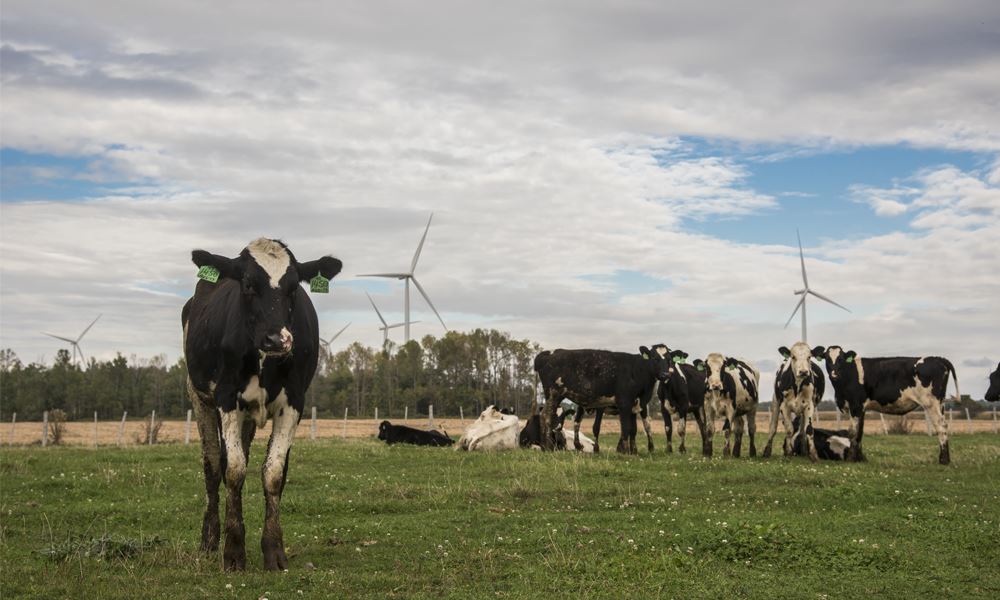
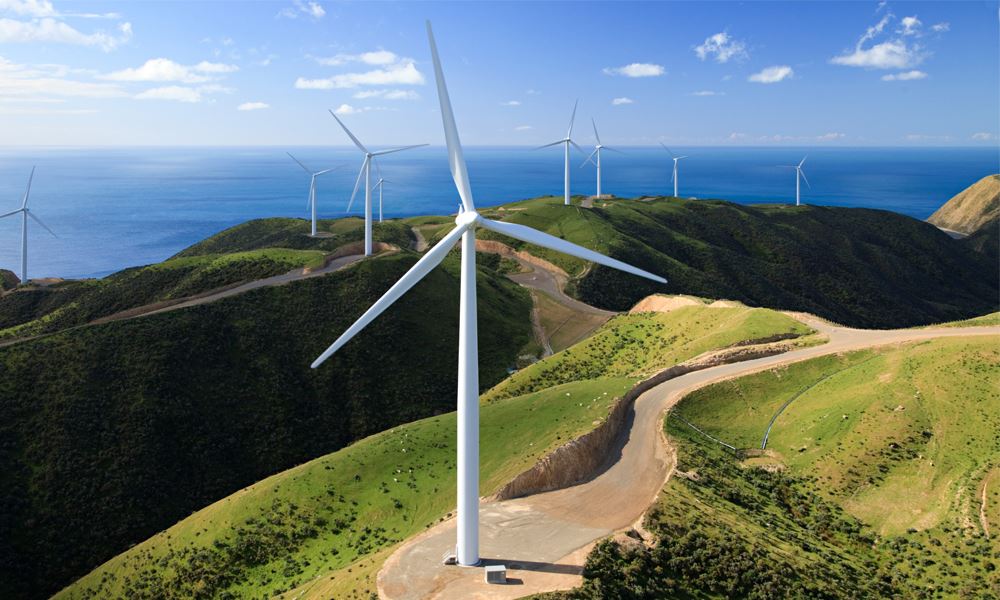
It describes approaches to restoring eight key ecosystem types: forests, croplands, grasslands and savannas, rivers and lakes, oceans and coasts, towns and cities, peatlands and mountains. It also details three essential restoration measures to keep the planet breathing: getting everyone involved, setting goals and measuring progress, and helping nature help itself.
We are all responsible for conserving ecosystems. Every small gesture count, for example, encouraging a local ecosystem clean-up action, changing your diet or promoting ecosystem conservation and restoration. These changes may seem insignificant, but if millions and millions of people do the same, the change could be monumental. It wouldn't be one clean local beach; it would be miles and miles of coastline. It wouldn't be two people eating less meat, it would be reducing the 20% (according to the FAO) of greenhouse gases produced by agriculture and livestock farming. Small gestures can make all the difference, and make ecosystems better preserved.

